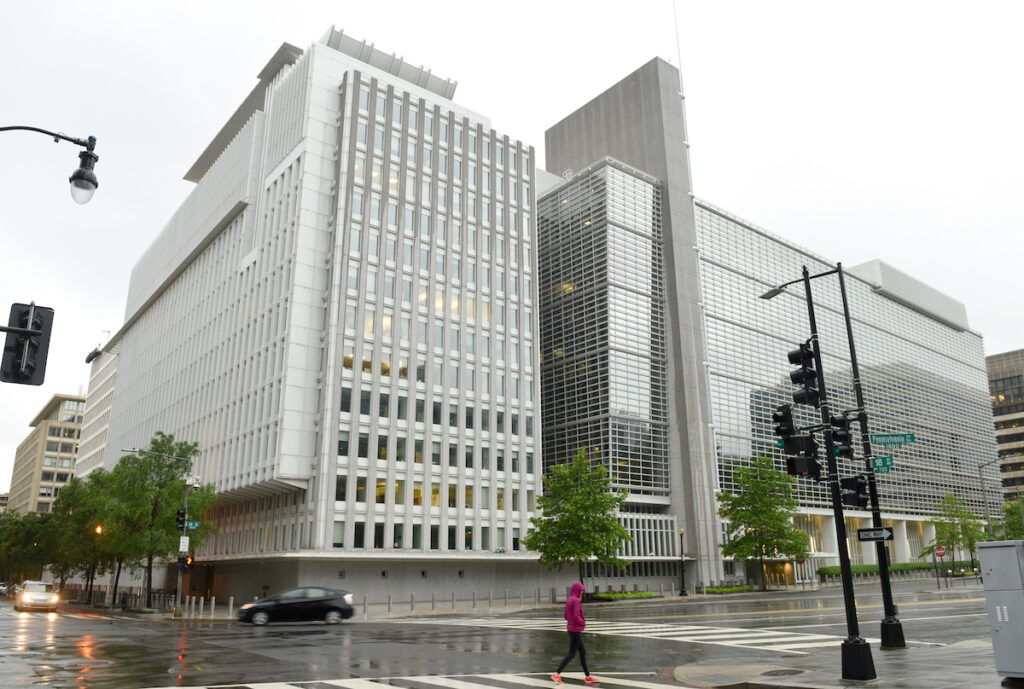Reinventing Multilateral Development Banks
May 4, 2023
Countries all over the world are turning to the multilateral development banks (MDBs) as they contend with ever more urgent, even existential, challenges. Progress in reducing poverty has stalled and in some countries reversed. Globally, more than 800 million people are now food insecure. The growing costs of climate change are all around us. Putting off development and climate-related investments will increase, not reduce, risks.
The MDBs are uniquely positioned to play a central role in helping countries meet these challenges. No other single set of institutions has their breadth of experience and knowledge, human capital, financial track records, on the ground-presence, and connections with both governments and private actors that is needed. They are also efficient multipliers of aid dollars. The importance of their leverage grows as aid budgets are increasingly stretched.
At the same time, there is general recognition that they are not fit for purpose in the 21st century. New cross border challenges—climate change, pandemics, fragility, migration—require new finance capacity and new approaches. The total flow of support from the World Bank and other MDBs to developing countries was $192 billion in 2022[1]. While this is a substantial figure, it is a third less than the share of developing country GDP attained in 2009 (during the global finance crisis), even as the need for investments in assuring that development is sustainable has greatly increased.
The reform issues and challenges are broad and complex. But MDB shareholders have clearly signaled their interest in taking them on. And the appointment of a new President of the World Bank, Ajay Banga, puts a dynamic change manager in charge of the global anchor of the MDB system.
The G20 under the Indian Presidency, building on the work of Italian and Indonesian predecessors, has placed these issues squarely on its agenda, with the intention of making significant progress this year. That work includes the report on MDB capital adequacy, which contains important recommendations for using MDB capital more efficiently. We must build on this momentum and seize this moment.
Reaching agreement around a set of reforms will not be easy. It is no secret that views vary greatly across shareholders. In such circumstances, the analysis and well-framed ideas of independent experts can be a valuable tool for forging consensus. With that in mind, the G20 has convened an independent Experts Group, which we co-chair, and given it a broad mandate to: (a) develop a roadmap for an updated MDB ecosystem, with milestones and timelines, that includes the vision, incentive structure, operational approaches and financial capacity; (b) evaluate estimates of the finance scale needed to and from the MDBs, including from capital adequacy reforms as well as from public and private sector sources; and (c) propose mechanisms for coordination among MDBs. The Experts[2] come from around the globe, lending credibility and diverse perspectives to the Group’s deliberations.
The Experts Group will draw on the work of others and the best ideas from many sources. Our intention is to reach out to hear and benefit from the perspectives of diverse stakeholders. We will listen with three criteria in mind: (1) solutions must recognize the interests of all countries, and not pit some against others; (2) proposals must rest on careful and credible analysis; and (3) responsibility for success must be shared. MDBs cannot fill all finance gaps. Rather their finance and other forms of support must be targeted to maximize impact and to unlock even larger flows from other sources.
With that in mind, we invite your succinct input, which you can provide here.
Time is short; we must deliver our report to the G20 by early July. We and our fellow Expert Group members are committed to producing a product that meets the moment, that is, both ambitious and feasible.
Mr. NK Singh is the President of the Institute of Economic Growth and the Former Chairperson of the Fifteenth Finance Commission of India.
Professor Lawrence Summers is the President Emeritus of Harvard University.
[1] This includes the AfDB, ADB, AIIB, EBRD, IDBG, IsDB, NDB, and WBG.
[2] Mr. Tharman Shanmugarathnam, Ms. Maria Ramos, Mr. Arminio Fraga, Prof. Nicholas Stern, Mr. Justin Yifu Lin, Ms. Rachel Kyte, and Ms. Vera Songwe.
Learn more